On the morning of November 4, Prime Minister Pham Minh Chinh signed Official Dispatch No. 208/CD-TTg to the People's Committees of provinces and cities from Ha Tinh to Khanh Hoa and ministries and branches on proactively preventing, avoiding and responding to storm Kalmaegi.
The dispatch stated that, according to the forecast of the National Center for Hydro-Meteorological Forecasting, on the morning of November 5, storm Kalmaegi will move into the East Sea, becoming the 13th storm active in the East Sea in 2025. The storm will continue to strengthen and move towards the sea and mainland of the Central and South Central regions of our country.
Storm Kalmaegi is likely to reach level 13-14, gusting to level 16-17 in Truong Sa special zone (Khanh Hoa) and offshore waters from Da Nang to Khanh Hoa; level 12-13, gusting above level 15 in coastal waters (including Ly Son special zone).
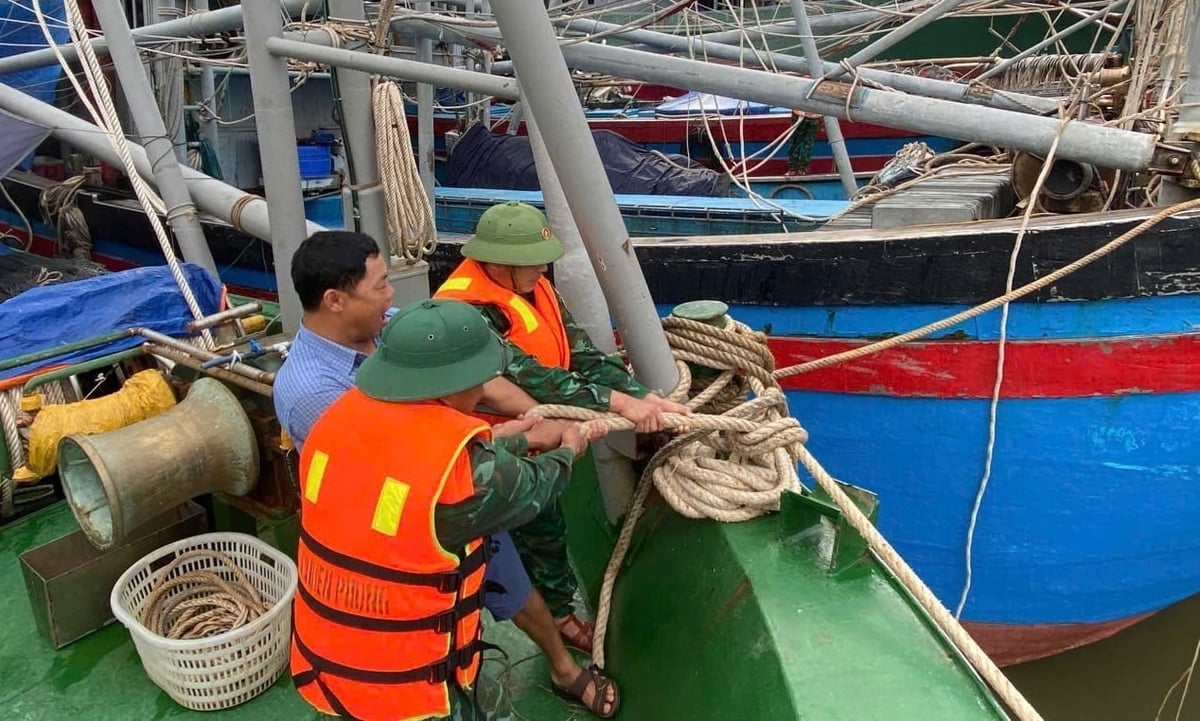
Border guards help people anchor fishing boats to weather the storm. Photo: Huu Tinh.
From the evening or night of November 6, 2025, the storm may directly affect the mainland from Da Nang to Khanh Hoa with the strongest wind near the storm center at level 10-12, gusting to level 14-15. The old Central Highlands may also experience strong winds at level 8-9, gusting to level 11; the area from Ha Tinh to Khanh Hoa may experience heavy to very heavy rain.
Urgent call for boats, harvest agricultural products
The telegram affirmed: This is a very strong storm, after entering the East Sea it continued to strengthen, the range of strong winds is very wide. In the context that the Central region has just experienced a historic period of heavy rain, causing severe damage, it is necessary to proactively prevent, avoid and respond to storm Kalmaegi and the floods after the storm, ensuring the safety of people's lives, minimizing property damage, first of all to ships and activities at sea, along the coast and on land of our country.
The Prime Minister requested the Ministers of the Ministries of National Defense, Public Security, Agriculture and Environment, Construction, Industry and Trade, Science and Technology, Education and Training, and Health; Secretaries and Chairmen of the People's Committees of provinces and cities, especially localities from Da Nang to Khanh Hoa (areas where the storm is expected to directly affect) to monitor and grasp the developments of storms and floods, and regularly update the situation in the locality.
In addition, focus on leadership and direction, review plans, and be ready to immediately deploy measures to prevent, avoid, and respond to storms and post-storm floods with the motto of "being proactive early and from afar", "worrying about the unprofitable, being happy", with the most determined spirit, anticipating the worst scenario, deploying measures to prevent, avoid, and respond at the highest level to absolutely ensure the safety of people's lives, limit damage to people's and State's property, and not be passive or surprised in any situation.
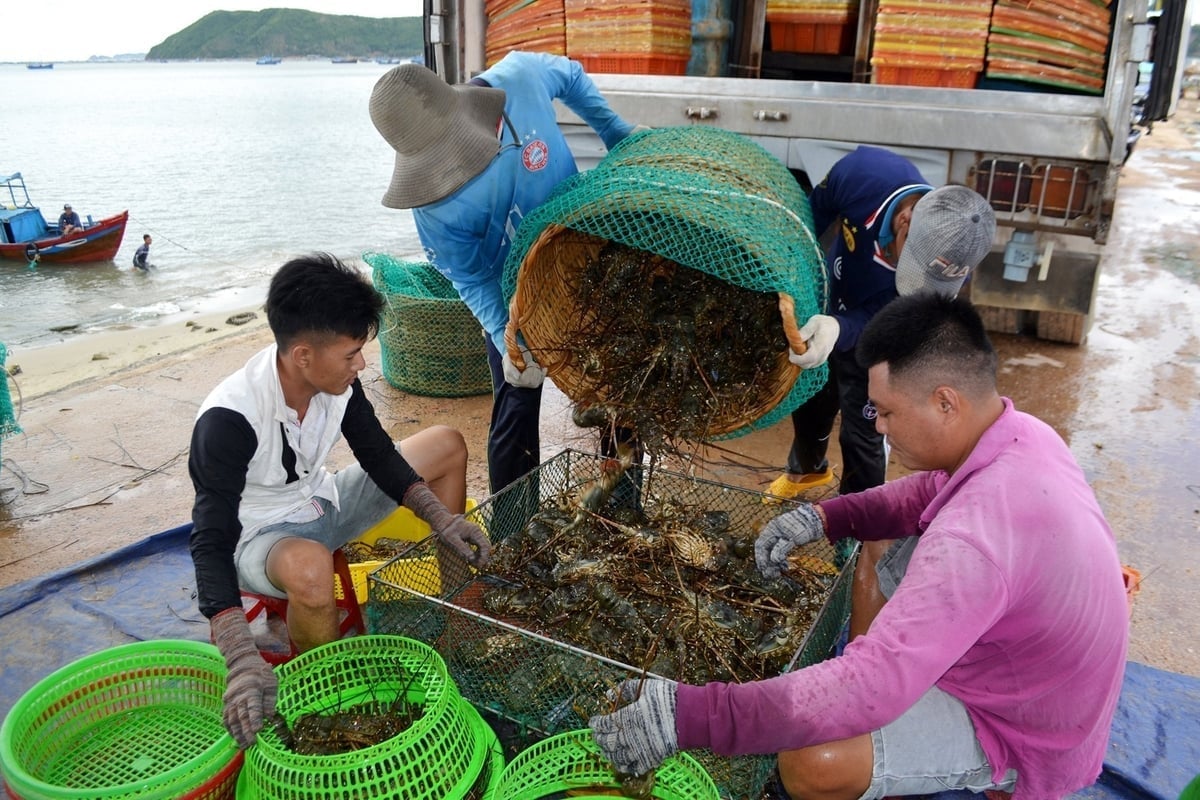
Farmers need to harvest shrimp and fish until they reach harvest time to cope. Photo: Kim So.
As for the Secretaries and Chairmen of the People's Committees of coastal provinces and cities from Da Nang to Khanh Hoa (areas where very strong storm winds are forecast), the Prime Minister requested the mobilization of the entire political system, focusing on leadership, direction, implementation, and urging of work to prevent, avoid, and respond to storms and post-storm floods.
In particular, urgently review and count all local vessels and vehicles operating at sea and along the coast; coordinate with relevant agencies by all means to inform ship owners and captains of vessels and vehicles still operating at sea about the developments and forecast of the storm's movement; guide them to move away from and not enter areas at risk of being affected by the storm. Localities also call for and guide vessels and vehicles to safe shelters; at the same time guide and support the implementation of necessary measures to ensure the safety of vessels at anchorage.
Based on storm and flood forecasts and warnings from the authorities and the specific situation in the area, the locality proactively decides to restrict ships and vehicles from going out to sea, operating at sea or ban the sea when necessary, paying attention to prevent thunderstorms and lightning before the storm directly affects. At the same time, decide to control and limit traffic during storms causing strong winds and heavy rain to limit incidents and ensure the safety of people's lives.
Deploy as soon as possible measures to prevent and combat storms at sea, on islands, in coastal areas and on land, paying attention to proactively reinforcing to ensure the safety of houses, infrastructure works, dams, sea dykes, limiting damage to production, especially agricultural production in coastal areas; support people in harvesting agricultural products that are about to be harvested with the motto "green house is better than old field" to limit damage caused by storms.
Review plans, forces, and means to be ready to organize and deploy evacuation support and relocation of people in unsafe areas before the storm directly affects them, and deploy response, rescue, and relief work when bad situations occur.
Proactively lower the water level of reservoirs to welcome floods
The Prime Minister requested the Minister of Agriculture and Environment to direct the hydrometeorological forecasting agency to closely monitor, coordinate, and consult international forecast information for forecasting. From there, provide the most complete, earliest, and accurate information on the developments and impacts of storms and the risk of floods and rains to authorities and people so that they can proactively deploy prevention, avoidance, and timely and effective response.
The Ministry also proactively directed all localities with vessels operating at sea, especially coastal localities, to urgently deploy calls, instructions, and ensure safety for vessels operating at sea and coastal fisheries. Implement measures to protect dykes, irrigation dams, and agricultural and aquatic production.
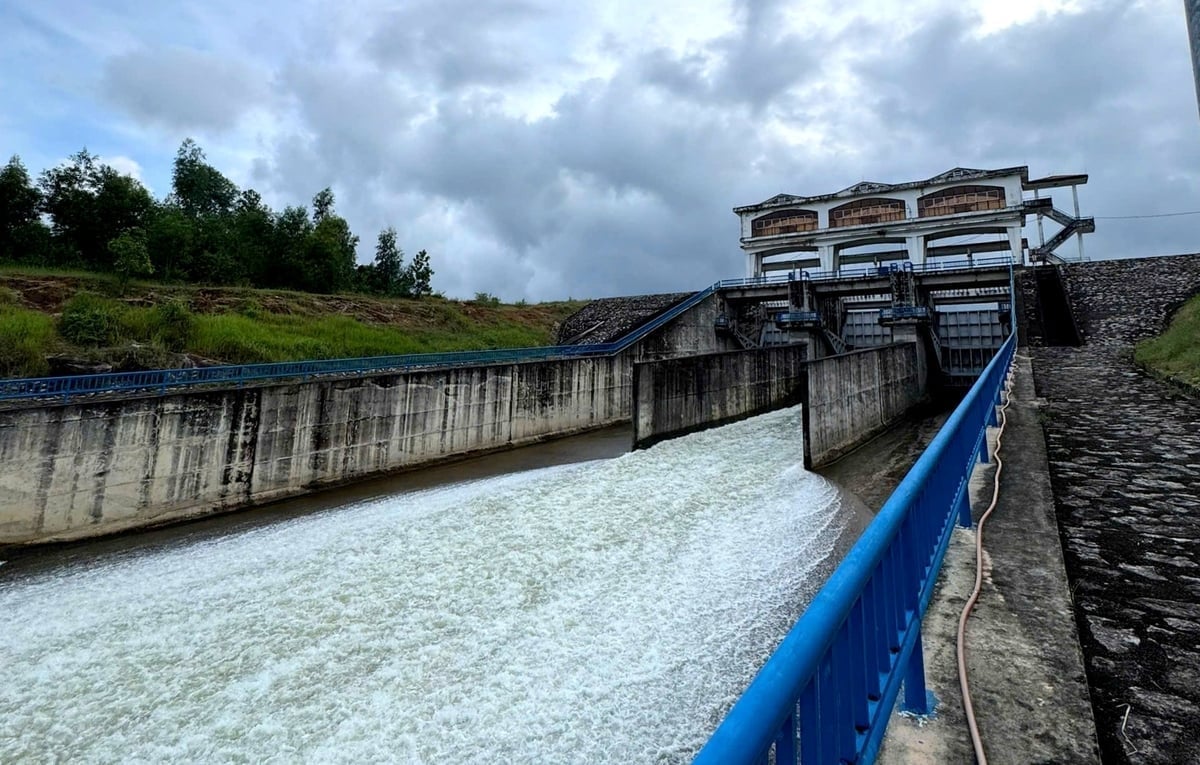
Suoi Dau Lake (Khanh Hoa) has proactively regulated water flow to prepare for storm No. 13. Photo: Kim So.
In particular, the Prime Minister directed the Ministry of Agriculture and Rural Development to closely coordinate with the industry and trade sector and localities to direct, guide, inspect and supervise the operation of irrigation and hydroelectric reservoirs, especially those in the inter-reservoir system, to ensure safety and efficiency, and to prevent unsafe dams and reservoirs; based on flood forecasts, proactively lower the water level of irrigation and hydroelectric reservoirs to receive floods, and at the same time study, report and propose to competent authorities to decide on the use of a part of the reservoir capacity above the normal water level to cut floods when emergency and unusual situations occur.
The organization closely monitors the situation, regularly updates and proactively announces dangerous areas at sea so that ships and vehicles operating at sea know not to enter or exit dangerous areas. Direct and urge sectors and localities to deploy response work appropriate to the actual situation, promptly report and propose to the National Civil Defense Steering Committee and the Prime Minister to direct issues beyond their authority.
The Minister of Construction directed competent authorities to coordinate with localities to immediately review all ships and means of transport operating at sea, along the coast, and in estuaries in areas at risk of being affected by storms (including river-sea vessels), proactively guide movement to avoid entering, exiting dangerous areas or entering safe shelters.
Directing the review and readiness to deploy work to ensure the safety of civil works, construction activities, and traffic safety during the time affected by the storm. Directing the Vietnam Maritime Search and Rescue Coordination Center to deploy vehicles in key areas where Kalmaegi storm is forecast to directly affect to be ready to coordinate with relevant units and forces to deploy the fastest response and search and rescue work when bad situations occur.
The Minister of Industry and Trade directed the review of plans and implementation of work to ensure safety for industrial production activities, especially offshore oil and gas exploitation activities, ensure the safety of hydroelectric dams and power systems, limit damage caused by storms and floods; ensure the supply of essential goods, avoid shortages, and take advantage of natural disasters to unreasonably increase prices.
Army and police ready to support storm prevention
The Prime Minister requested the Minister of National Defense to direct the implementation of work to ensure safety for military forces, vehicles, and equipment; direct military regions and units located in areas at risk of being affected by storm Kalmaegi to proactively review plans, arrange appropriate forces and vehicles to be on duty in areas where storms and floods are forecast to occur, and be ready to support localities in implementing prevention, response, and rescue work when requested. Be ready to mobilize additional forces and vehicles to support localities in responding to storms upon request from localities.
The Minister of Public Security directs relevant units and local police forces to be ready with forces and means to ensure security and order, support people in evacuating, relocating, responding to storms, floods, landslides, flash floods, and rescue when requested by the locality. Proactively prepare forces and means to be ready to support the localities.
The Minister of Science and Technology directed telecommunications service providers to review and develop solutions to ensure safety and limit incidents to telecommunications infrastructure projects, and to have backup plans to ensure uninterrupted communication between the central and local levels, between the provincial and commune levels, and to overcome the loss of communication when storms and floods occur.
The Ministers of the Ministries of Education and Training and Health direct the implementation of work to ensure safety for students, forces, equipment, and infrastructure under the management of the sector in order to limit damage, not to affect students' learning, maintain emergency activities, and promptly restore normal medical examination and treatment activities for people immediately after storms and floods. The Minister of Culture, Sports and Tourism directs the implementation of work to ensure safety for tourists and tourism activities, especially at sea, on islands and coastal areas. Central and local media agencies increase broadcasting time and reporting so that people can grasp information.
The Prime Minister assigned the Minister of Agriculture and Environment and the Chief of Office of the National Civil Defense Steering Committee to organize working groups to inspect, urge, and coordinate with localities in directing the implementation of storm response work based on the specific situation and developments of the storm. Ministries, branches, and localities affected by storms and floods shall submit daily reports to the Minister and Chief of the Government Office.
Deputy Prime Minister Tran Hong Ha continues to direct ministries, branches and localities to promptly deploy work to prevent, avoid and respond to storms and floods.
Source: https://nongnghiepmoitruong.vn/chong-bao-voi-tinh-than-quyet-liet-nhat-luong-truoc-kich-ban-xau-nhat-d782208.html







![[Photo] Opening of the 14th Conference of the 13th Party Central Committee](https://vphoto.vietnam.vn/thumb/1200x675/vietnam/resource/IMAGE/2025/11/05/1762310995216_a5-bnd-5742-5255-jpg.webp)


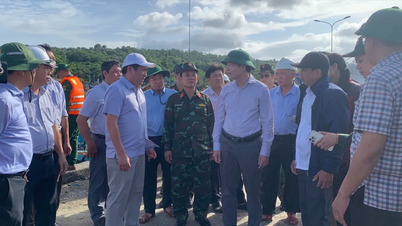
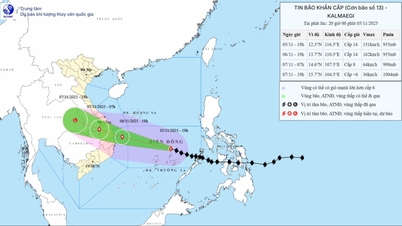

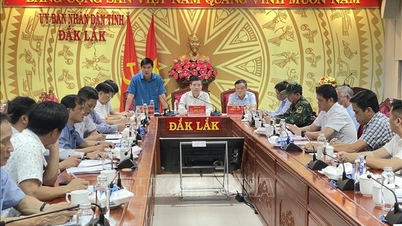
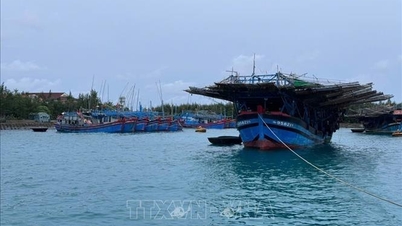
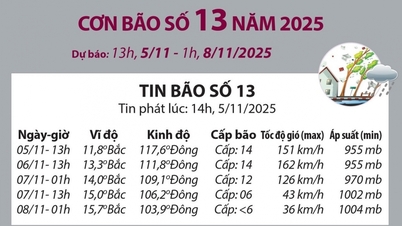




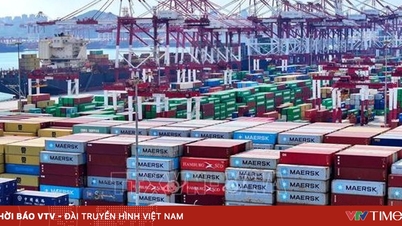


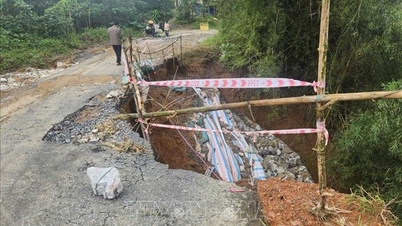
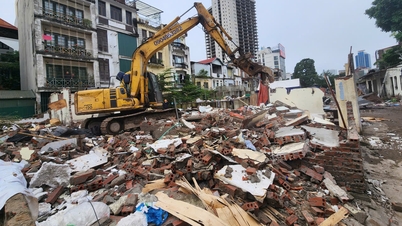





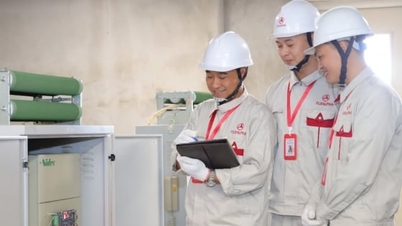

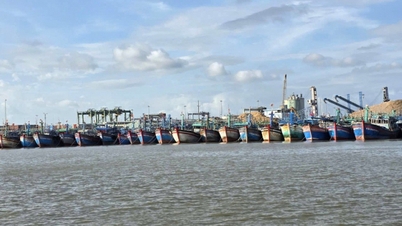
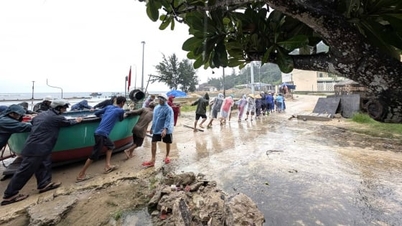
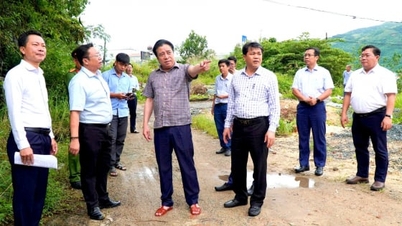

![[Photo] Panorama of the Patriotic Emulation Congress of Nhan Dan Newspaper for the period 2025-2030](https://vphoto.vietnam.vn/thumb/1200x675/vietnam/resource/IMAGE/2025/11/04/1762252775462_ndo_br_dhthiduayeuncbaond-6125-jpg.webp)










































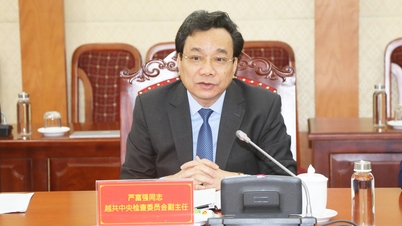

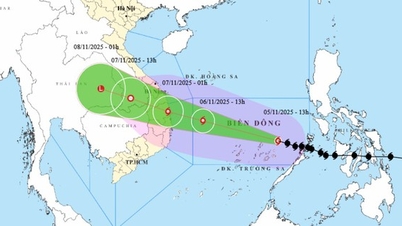



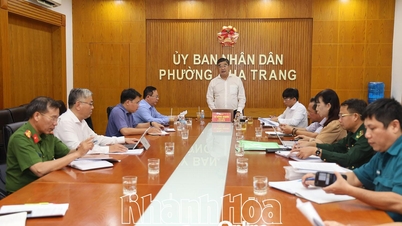

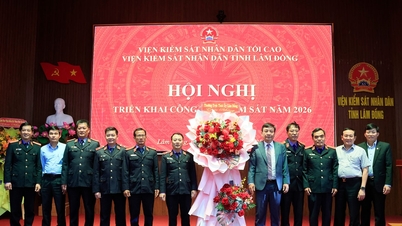

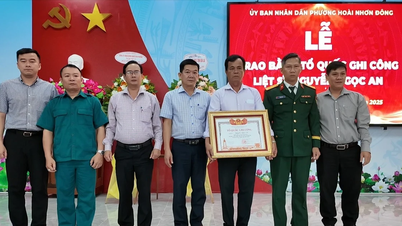

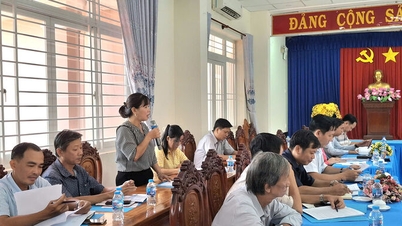

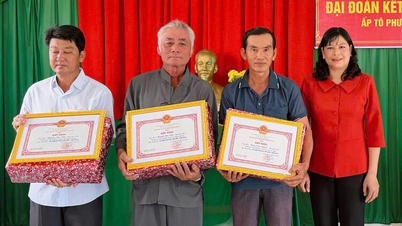














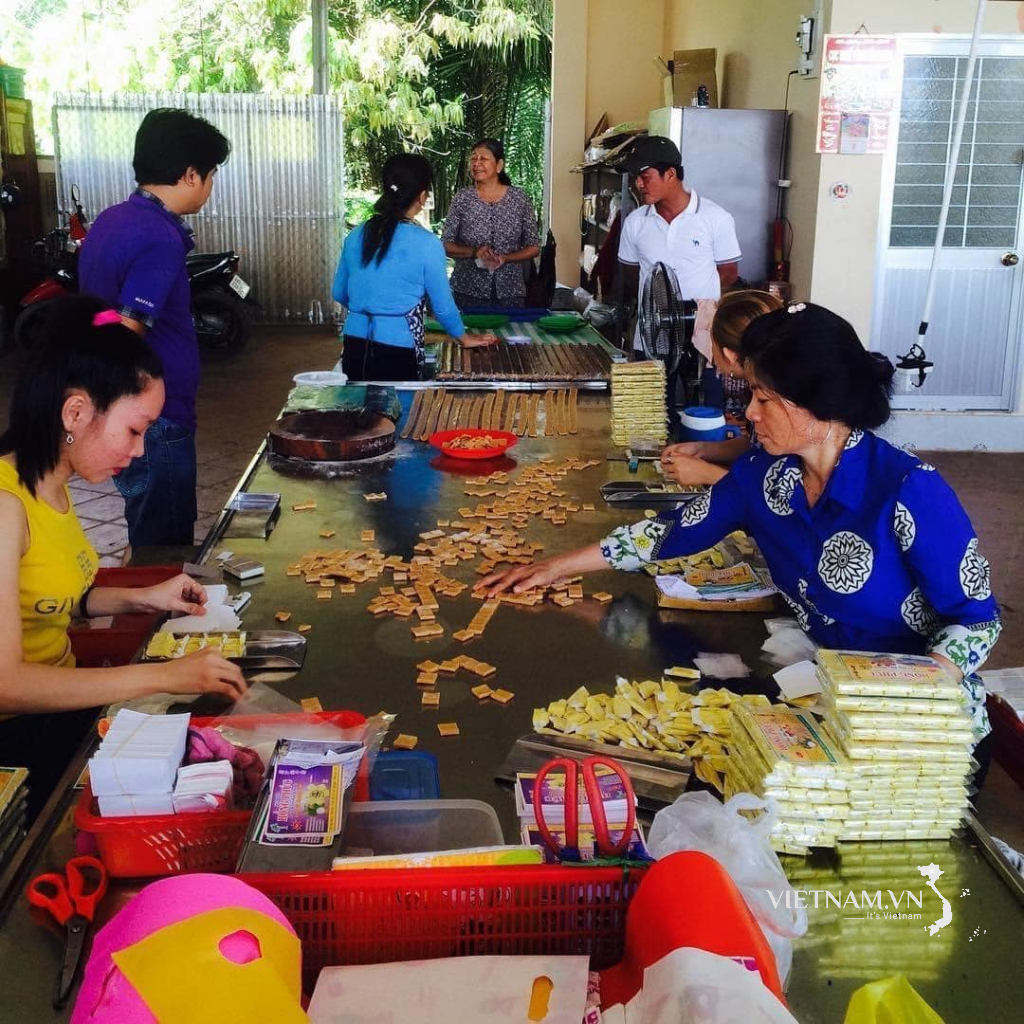

Comment (0)